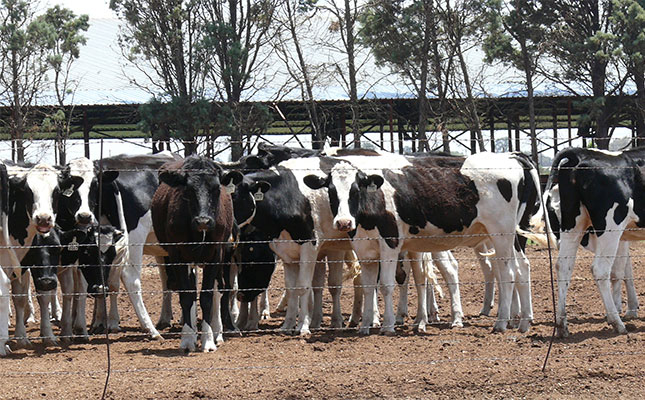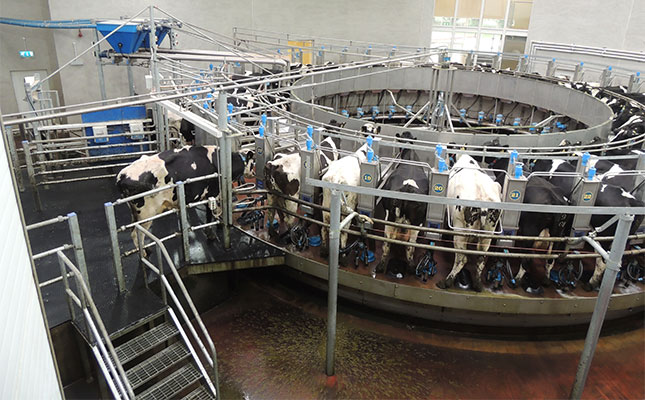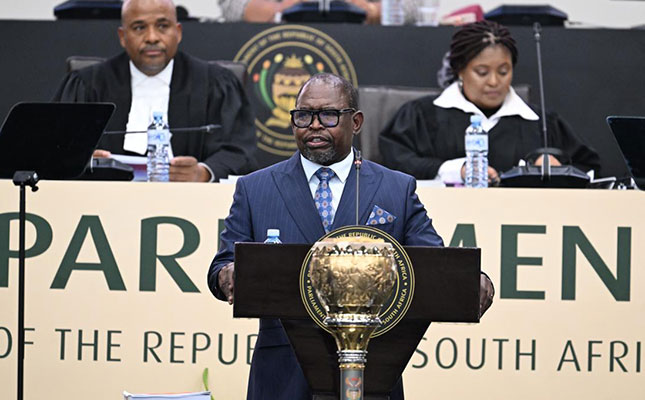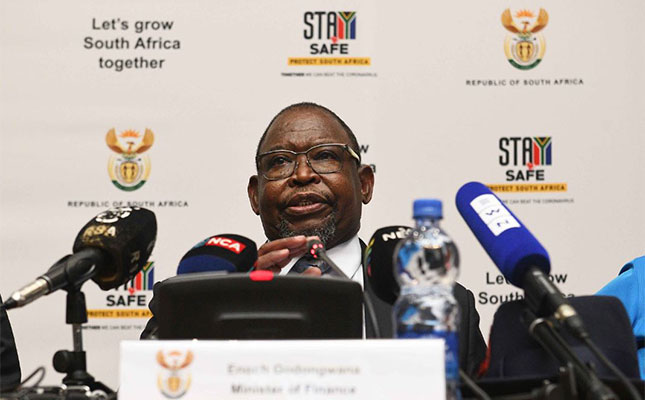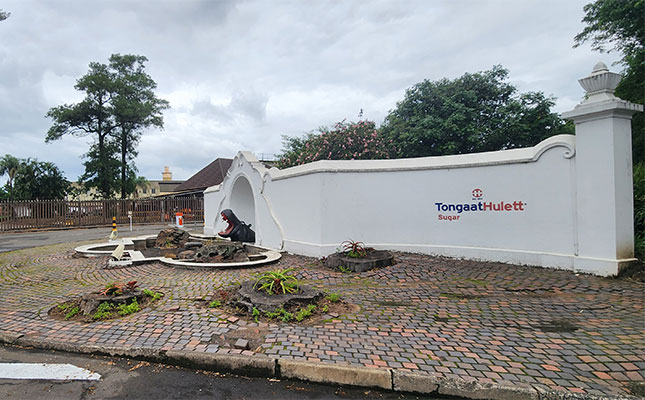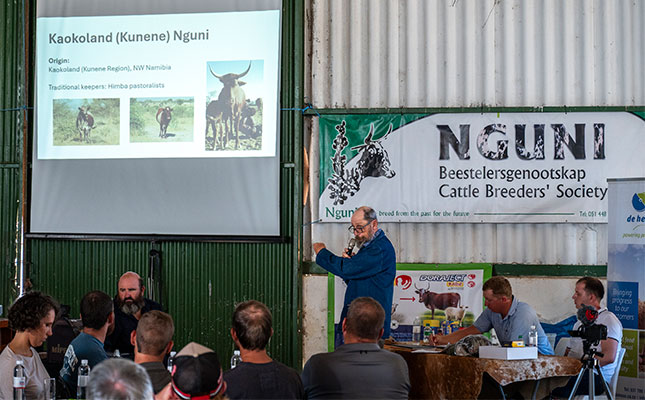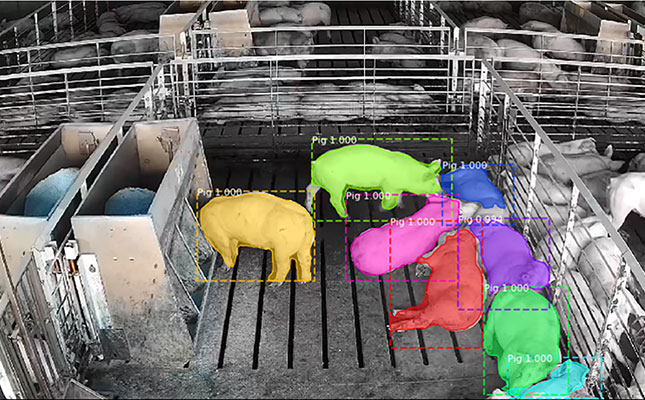
In the announcement, the organisation said a new era of scaled impact, inclusive growth, and farmer empowerment has begun.
Mabuza comes to PGP with a wealth of experience, including more than 20 years of leadership across the agriculture, finance and infrastructure development sectors. He had senior roles at Super Grand Agric, the Numolux Group, and the National Empowerment Fund.
He further secured over R50 million in project funding, led the construction and revival of agri-infrastructure, raised capital for vaccine trials, and designed finance strategies for feed mills, abattoirs, and grain production.
Mabuza told Farmer’s Weekly he was most excited about the chance to unlock potential where it already existed.
“Across the country, black farmers have access to land, and they have passion, resilience, and drive. What’s been missing is the enabling ecosystem. At PGP, we will build that through access to finance, markets, mentorship, and innovation. The future of farming must be inclusive and future-fit, and we are putting the building blocks in place.
“Our approach is deliberate and developmental. We’re not just offering support; we are building commercial pathways. From securing finance and inputs to expanding markets and influence, PGP will help move black farmers from the margins into the mainstream,” he said.
Dr Tobias Doyer, CEO of Grain SA, told Farmer’s Weekly that Mabuza possessed passion and expertise, and the organisation was confident he was the right man for the executive job.
“The two primary focus points for us are to support commercial farmers and also to address poverty in rural households through the support of subsistence farmers,” Doyer said.
“Transformation in the grain-farming industry has been slow for several reasons. It is capital-intensive and thus very difficult for small-scale farmers to be competitive. The big challenge, therefore, is to give these farmers a seat at the table. And if this happens, if we give subsistence farmers the opportunity to produce more, we will be able to alleviate poverty and malnutrition, among other things.
“When it comes to commercial farmers producing more, the technology available through PGPs partners and programmes will make them intentionally competitive.”
PGP is the largest structured farmer development programme in the grain sector, supporting over 18’000 producer beneficiaries ranging from subsistence to new-era commercial farmers.
Under Mabuza’s leadership, the programme will pursue a bold new vision. This includes shifting emerging farmers from survival to scale, training farmers in climate-smart techniques, mobilising support from government, agribusiness, financiers and commercial producers, and positioning PGP-developed farmers to participate in policy platforms and high-value markets.
In 2023/24, PGP supported the planting of 23 611ha and the harvesting of over 37 000t of grain. By 2025/26, that figure is projected to exceed 79 000t.
Mabuza is committed to building on the strong foundation laid by his predecessors while introducing innovation to enhance efficiency and scalability.
Among his strategic priorities is leveraging digital tools to improve farmer support and decision-making, expanding blended financing instruments with partners like PepsiCo, the South African Cultivar and Technology Agency, and the Kgodiso Development Fund, strengthening government alignment to ensure practical, farmer-centric policies, and driving visibility and advocacy for black farmers in all spaces of influence.

